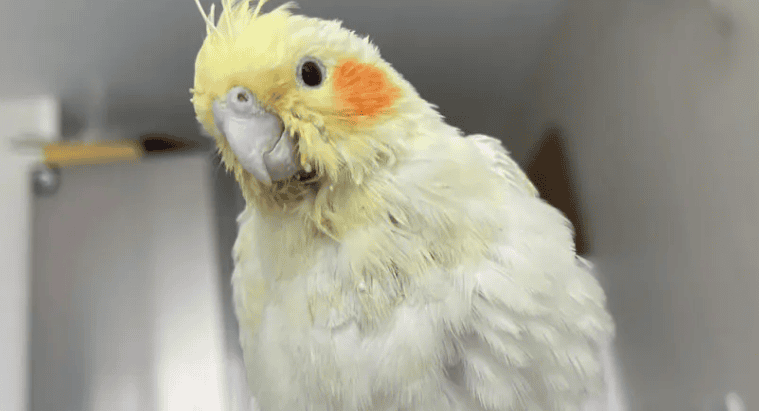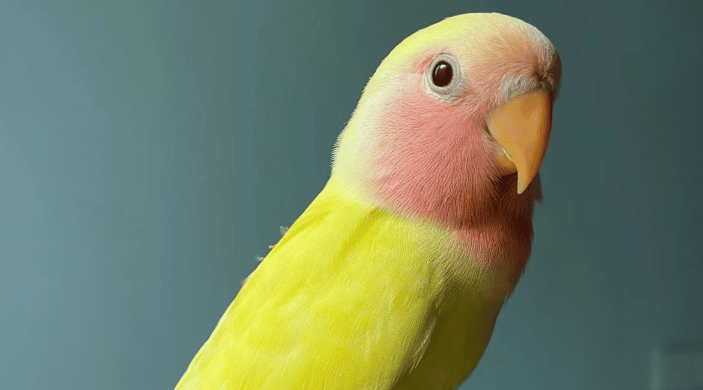1. Overview of common diseases in parrot babies
Parrots are one of the most popular pets, and their health and happiness are crucial to their owners. Particularly for parrot babies, their immune systems are not yet fully developed and they are more susceptible to disease. Understanding common diseases of parrot babies and their first aid methods is essential knowledge for every parrot owner.

2. Common diseases and symptoms
1. Cold: cubs may Symptoms such as sneezing, runny nose, and difficulty breathing may occur.
2. Indigestion: manifested as loss of appetite, diarrhea or constipation, abdominal distension, etc.
3. Parasitic infections: such as feather lice, mites, etc., may cause the feathers of parrot babies to lose their luster and lose weight.
4. Malnutrition: It may cause growth retardation and dull feather color of parrot babies.
3. First aid methods and daily care
1. Cold treatment:
Keep the environment of the parrot baby warm and comfortable, and avoid direct wind.
You can feed parrots special anti-cold medicines in appropriate amounts, or use them after consulting a veterinarian.
2. Response to indigestion:
Temporarily switch to easy-to-digest parrot food.
Observe the condition of the parrot baby. If symptoms persist, please seek medical treatment in time.
3. Parasitic infection treatment:
Use parrot-specific deworming drugs for treatment.
Perform regular health checks on parrot babies to prevent parasitic infections.
4. Improvement of malnutrition:
Provide diverse and nutritionally balanced food, such as special feed for parrots, fresh fruits and vegetables, etc.
Special nutritional supplements for parrots can be used under the guidance of a veterinarian.

4. Prevention is better than cure
The health management of parrot babies is not only It is not only treatment after the disease occurs, but more importantly, prevention. The owner needs to do the following:
1. Maintain environmental hygiene: Clean the parrot cage regularly to keep the living environment of the parrot babies clean and hygienic.
2. Reasonable diet: Provide nutritionally balanced food to avoid malnutrition or indigestion in parrot babies.
3. Regular inspections: Conduct regular health inspections on parrot babies to detect and deal with potential health problems in a timely manner.
4. Avoid stress: Parrot babies are sensitive to stress factors such as changes in the environment and noise, and owners should try to provide them with a quiet and stable living environment.
5. Conclusion
The health of parrot babies requires careful care and attention from their owners. Mastering the identification and first aid methods of common diseases in parrot babies is an essential skill for every parrot owner. Through daily scientific care and preventive measures, we can create a healthy and happy growth environment for parrot babies, allowing them to thrive in our company.
The above is an introduction to common diseases and first aid methods for pet parrot babies. I hope it will be helpful to the majority of parrot owners. If you encounter any problems or concerns during breeding, it is recommended to consult a veterinarian promptly to ensure the health and safety of your parrot babies.

 扫一扫微信交流
扫一扫微信交流
发布评论